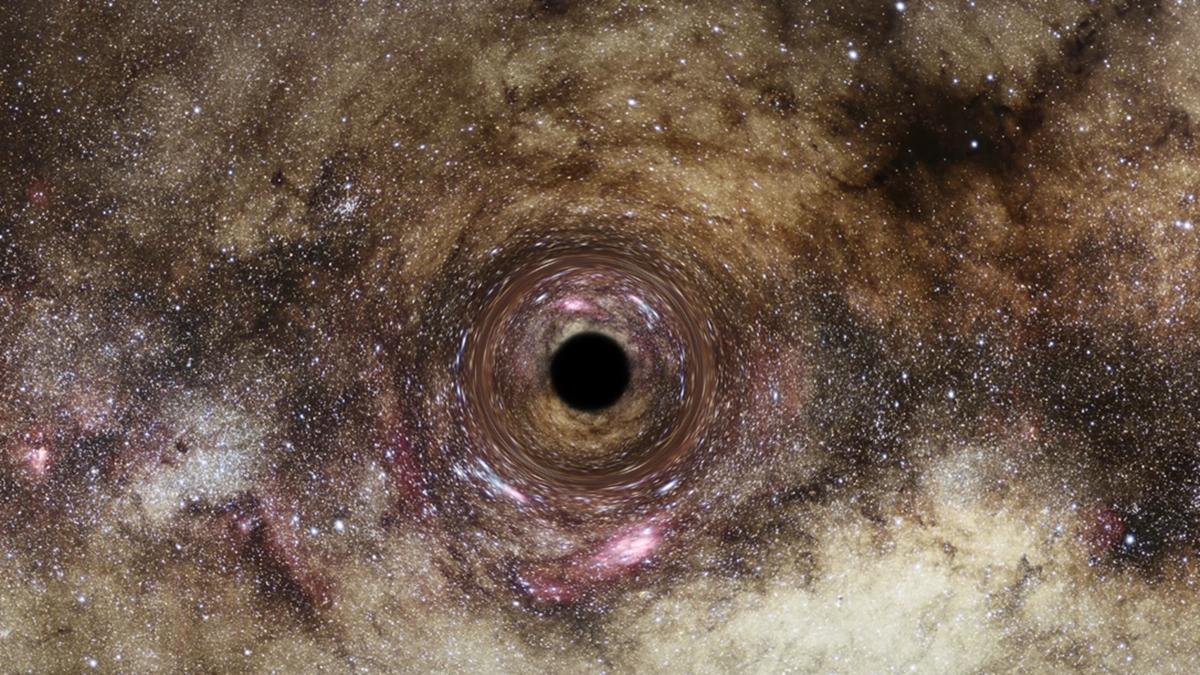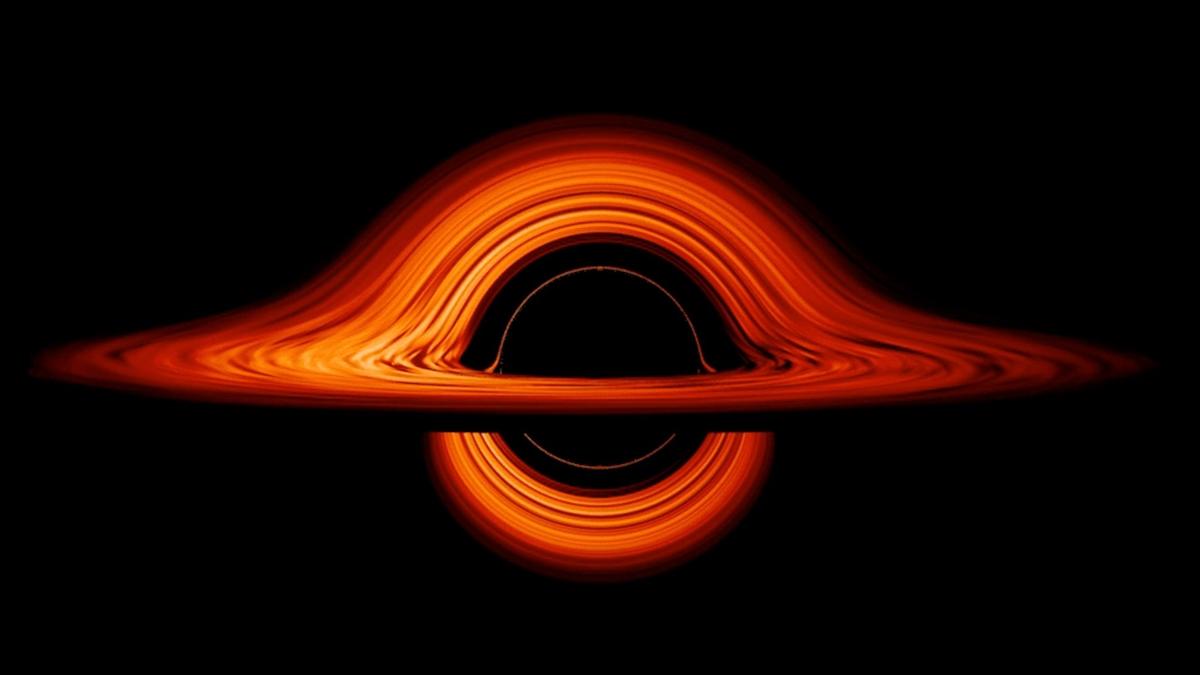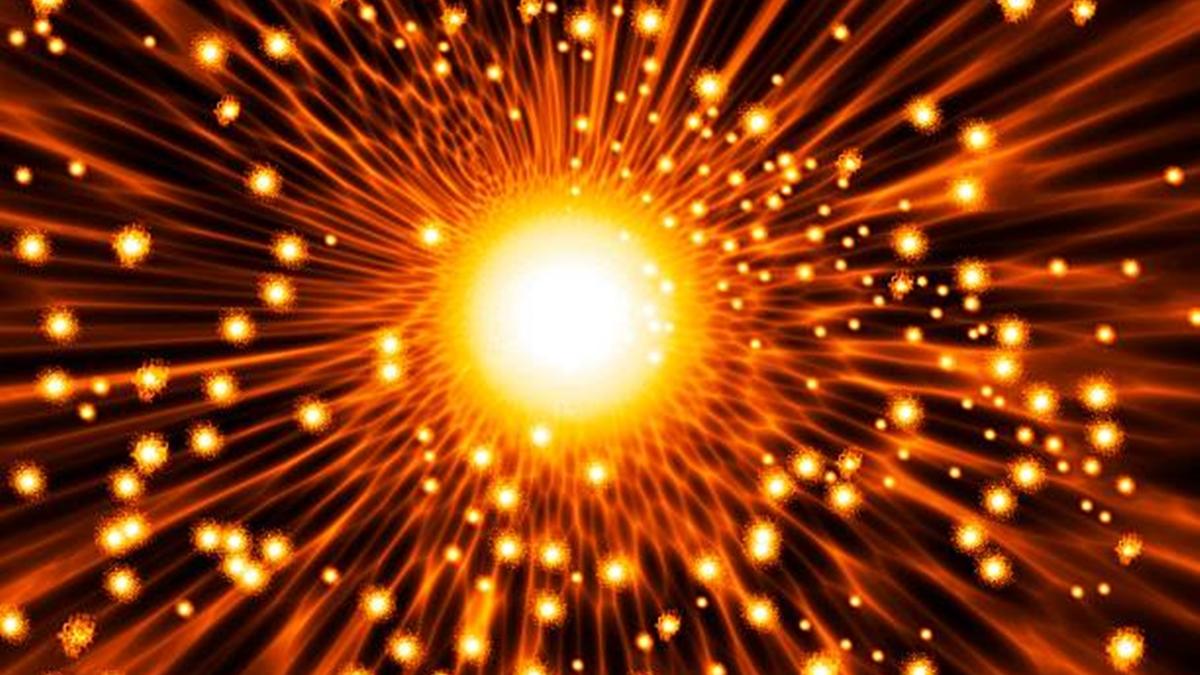INDIAPOSITIVE
ELITE MEMBER

- Joined
- Sep 20, 2014
- Messages
- 9,318
- Reaction score
- -28
- Country
- Location
India to soon get Ligo to catch gravitational waves: What is it and why is this detector needed?
In Short
- LIGO is a physics experiment
- It derives its roots in the theories of Albert Einstein
- LIGO exploits the physical properties of light
The Centre has cleared the way for the construction of the Laser Interferometer Gravitational-Wave Observatory (LIGO) in the country. The facility will be built at an estimated cost of Rs 2,600 crore by the year 2030.
The facility will observe the gravitational waves traveling in the vastness of space from some of the most violent and energetic processes in the Universe and hitting Earth.

A black hole wandering in space. (File Pic)
WHAT ARE GRAVITATIONAL WAVES?
LIGO is a physics experiment that derives its roots in the theories of Albert Einstein, who said that when two massive objects collide they create a ripple in space and time in such a way that "waves of undulating space-time would propagate in all directions away from the source."These cosmic ripples known as gravitational waves travel at the speed of light, carrying with them information about their origins, as well as clues to the nature of gravity itself. Physicists have said that the strongest gravitational waves are produced by cataclysmic events such as colliding black holes, stars exploding at the end of their lifetimes, and colliding neutron stars.
The Laser Interferometer Gravitational-wave Observatory (LIGO) is the world's most powerful observatory that exploits the physical properties of light and of space itself to detect and understand the origins of gravitational waves. At the moment there are two such observatories that are separated by a distance of 3000 kilometers that work in tandem to pick up these gravitational waves.
Gravitational wave interferometers rely on the world's most stable high-power lasers, the most precisely figured mirrors, ultraquiet vibration isolation systems, and sophisticated hierarchical feedback systems to pick up these waves emanating from the furthest reaches of the universe.
Each LIGO detector consists of two arms, each 4 kilometers long, comprising 1.2-meter-wide steel vacuum tubes arranged in an "L" shape, and covered by a 10-foot wide, 12-foot tall concrete shelter that protects the tubes from the environment.

The strongest gravitational waves are produced by cataclysmic events. (Photo: Nasa)
LIGO IN INDIA
LIGO-India will be an advanced gravitational-wave observatory to be located in India as part of a worldwide network. It is envisaged as a collaborative project between a consortium of Indian research institutions and the LIGO Laboratory in the USA, along with its international partners.LIGO-India received the government's in-principle approval in February 2016. Since then, the project reached several milestones toward selecting and acquiring a site and building the observatory. The United States will provide key components for the lab worth USD 80 million, which amounts to Rs 560 crore.
The LIGO-India project will be built by the Department of Atomic Energy and the Department of Science and Technology, with a memorandum of understanding (MoU) with the National Science Foundation, the US, along with several national and international research and academic institutions.
"The science case for the detector is very strong for India. It will be part of a network of two gravitational detectors working in the US," Tarun Souradeep, Director Raman Research Institute, and member of the advisory committee for LIGO India told indiatoday.in.
The information gathered by LIGO India could be used in the field of gravitation, relativity, astrophysics, cosmology, particle physics, and nuclear physics.

India to soon get Ligo to catch gravitational waves: What is it and why is this detector needed?
Centre has cleared the way for the construction of the Laser Interferometer Gravitational-Wave Observatory (LIGO) in the country at a cost of Rs 2600.
 www.indiatoday.in
www.indiatoday.in
India to use THIS to hunt BLACK HOLES

